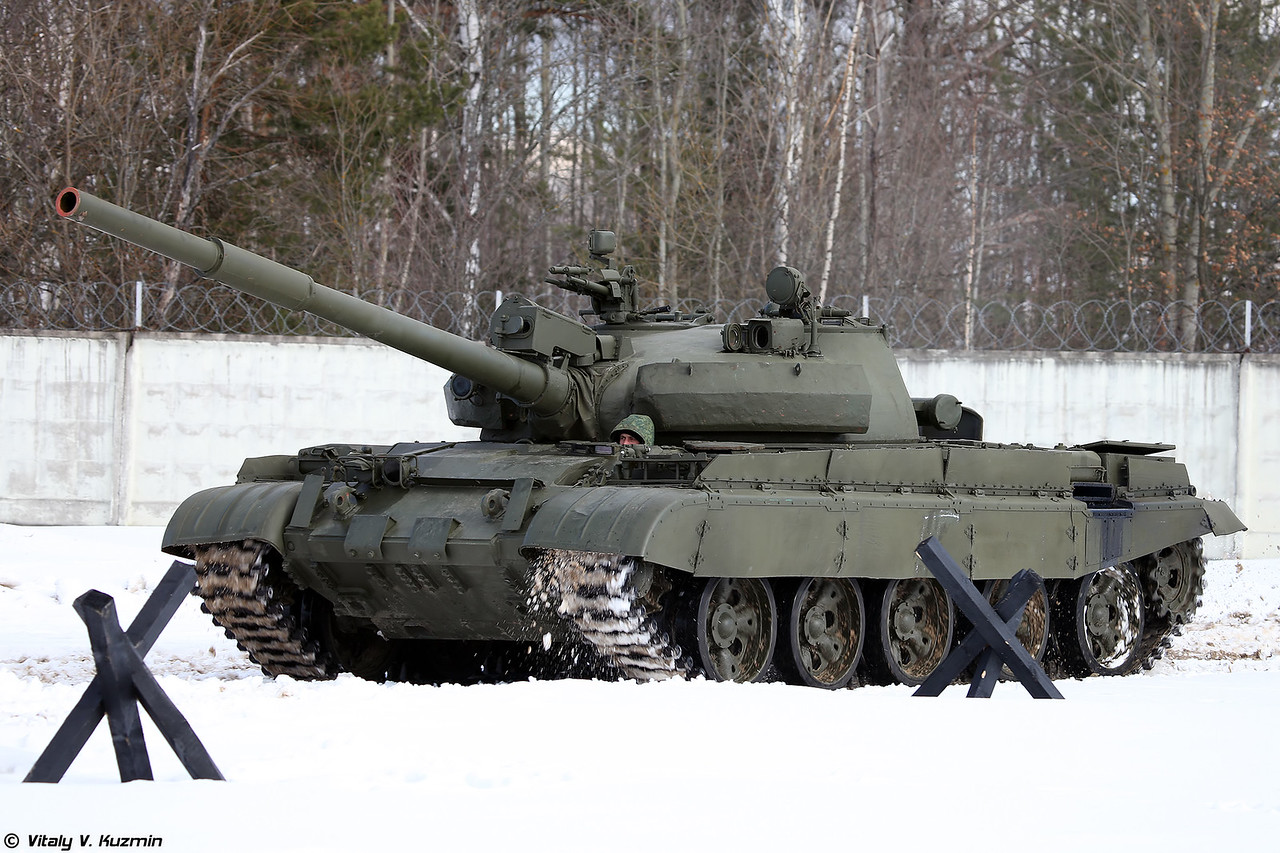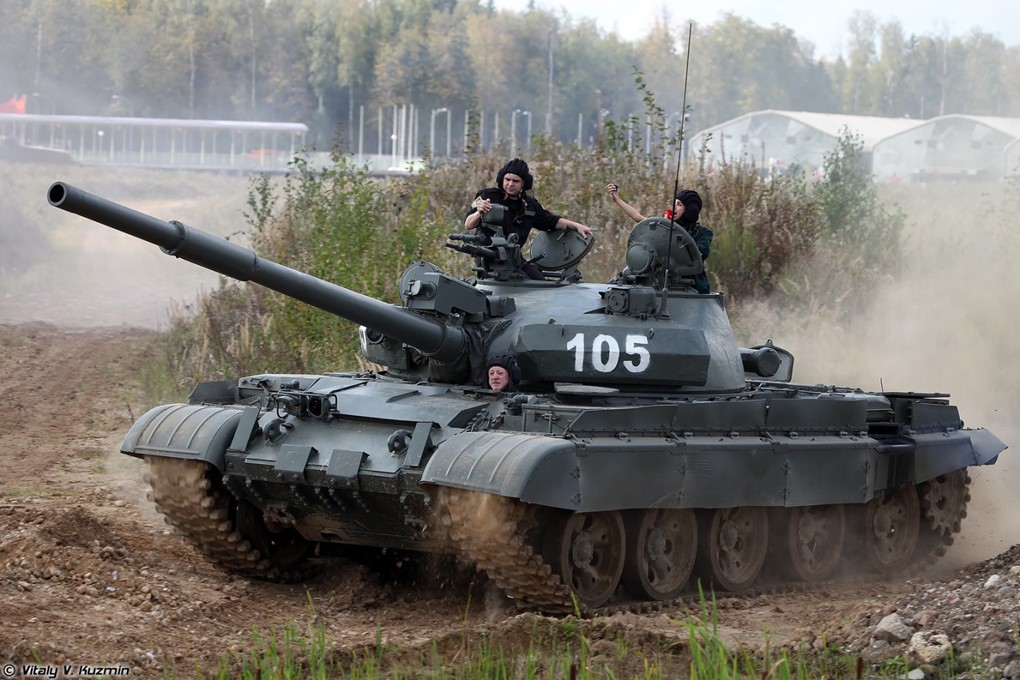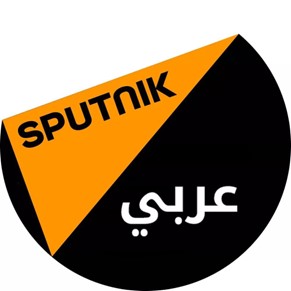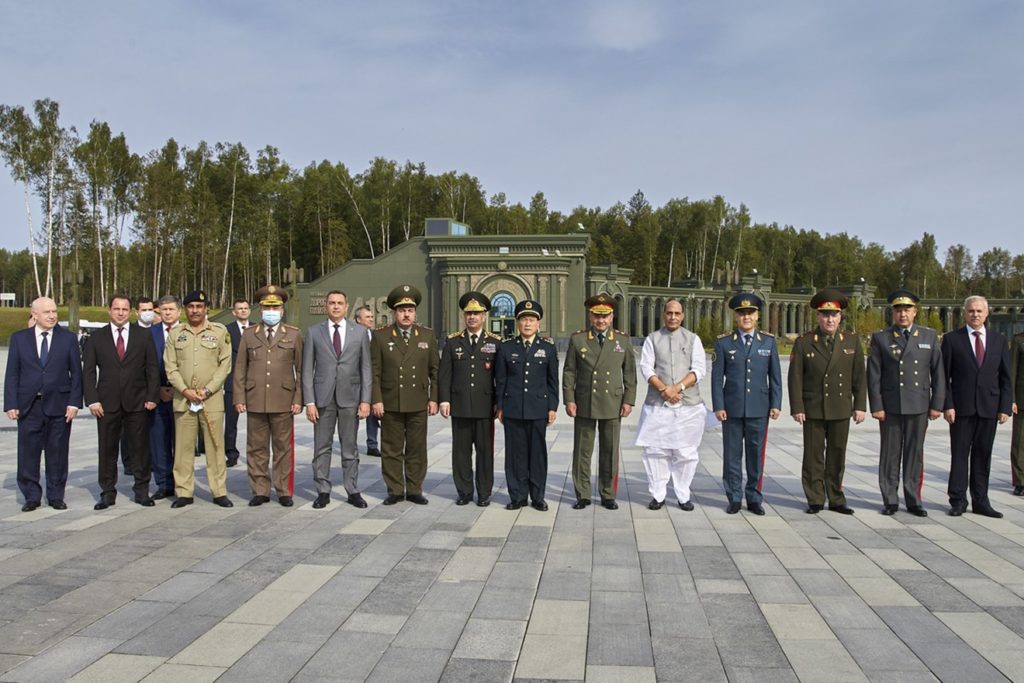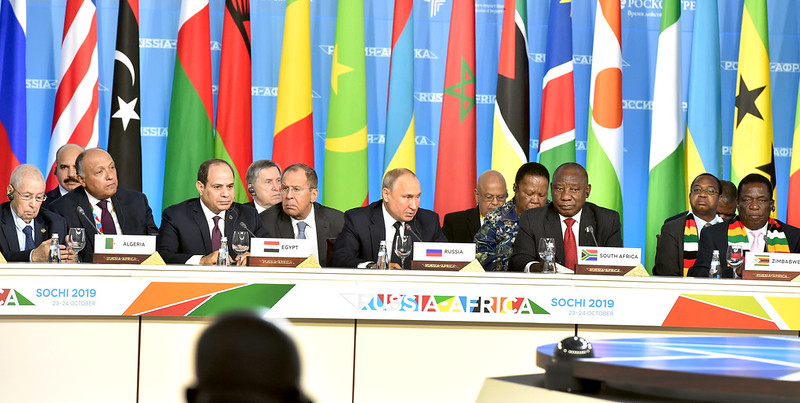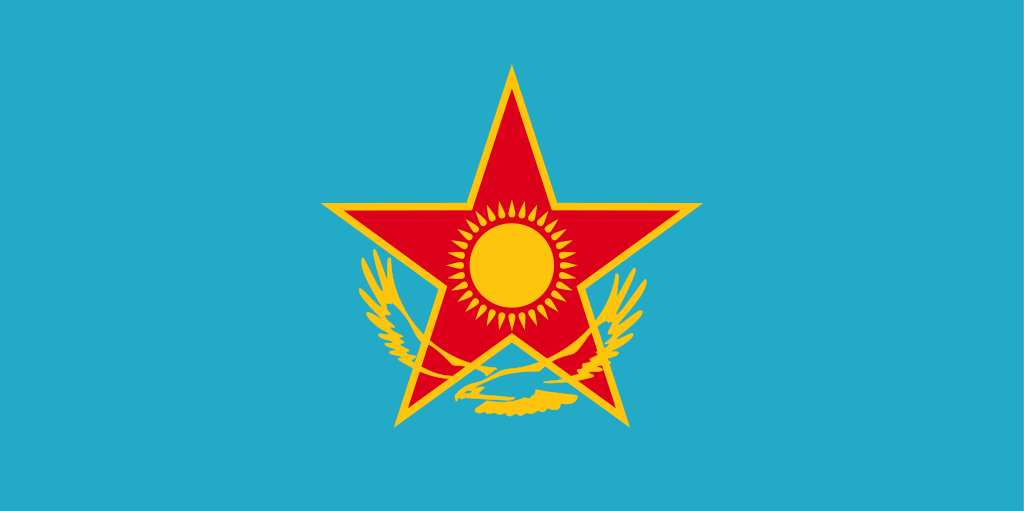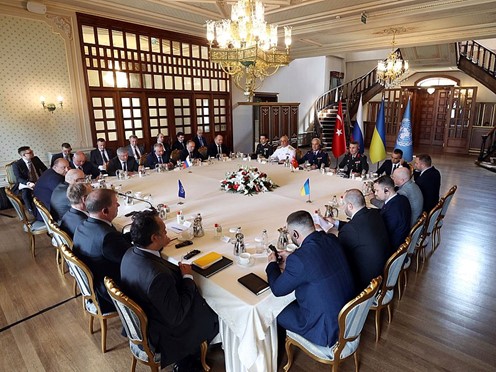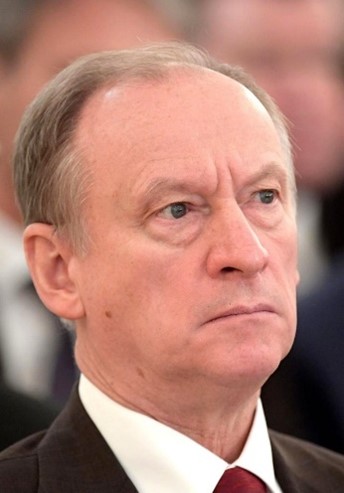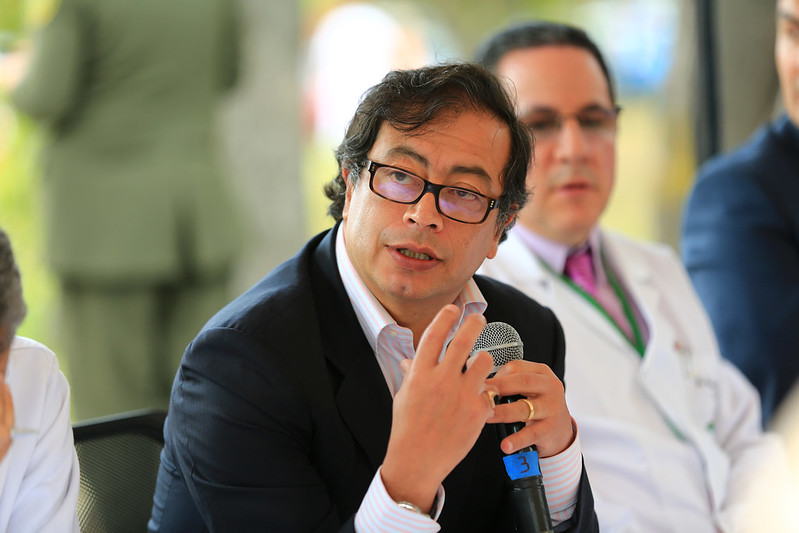
Colombia President Gustavo Petro’s campaign received strong support from Russian bots and disinformation campaigns.
“Gustavo Petro’s presidential campaign received a strong boost from Russia with fake accounts, orchestrated hashtags and mentions that sought to position the then candidate of the Historical Pact.”
Russia’s digital influence operations are robust throughout Latin America and the Caribbean. In the past, Russian bots and other digital interference strategies have worked to amplify divisive messages and pour fuel on social movements and protests in the regions.[i] More recently, Russia has engaged in robust propaganda and disinformation campaigns regarding the war in Ukraine.[ii] Recently, Colombia’s largest weekly magazine, Semana, published a report on Twitter’s release of materials about the country’s 2022 presidential campaign. Those materials, the outlet reports, show a strong level of support for then-candidate Gustavo Petro and false news about Petro’s principal rivals for the presidency. Moreover, they also amplified anti-U.S. and anti-Western rhetoric. Further, many of the message regarding Petro revolved around security cooperation and the so-called war on drugs, amplifying his message of the previous administration’s failure.[iii] The second excerpted article from Medellin’s leading daily newspaper, El Colombiano, states that Russia’s support for Petro included bots and fake accounts, orchestrated hashtags, mentions, and use of its outlets like Russia Today to support the candidate’s election and sow propaganda. The disclosures generated wide reaction among Colombia’s political class and generated further division between parties. Russia’s strong influence on Latin America’s information environment highlights its capacity to place propaganda in Spanish and Portuguese and elevate the messaging of fringe candidates who threaten constitutional order and stability throughout the hemisphere. Colombia is certainly not an isolated case. Latin American governments are often poorly equipped to deal with these challenges and for their parts, social media entities are often slower to take down fake news in Spanish and Portuguese than they are in English.
Sources:
“Twitter desclasifica archivos secretos y estalla polémica contra el Gobierno: hubo injerencia indebida desde Rusia a favor de campaña de Gustavo Petro (Twitter declassifies secret files and controversy erupts against the Government: there was undue interference from Russia in favor of Gustavo Petro’s campaign),” Semana (Colombia’s largest weekly magazine and major news source in the country), 3 January 2023. https://www.semana.com/nacion/articulo/atencion-archivos-secretos-de-twitter-revelan-injerencia-indebida-desde-rusia-a-favor-de-la-campana-presidencial-de-gustavo-petro/202343/
Gustavo Petro’s presidential campaign received a strong boost from Russia with fake accounts, orchestrated hashtags and mentions that sought to position the then candidate of the Historical Pact. This is evidenced by secret Twitter documents that were recently declassified by order of the CEO of the social network, Elon Musk… During the campaign, it was discovered that Sebastián Guanumen, one of the leaders of Petro’s digital strategy, gave the order to ‘run the ethical line’ to discredit then-candidate Petro’s main contenders. In this sense, digital narratives were created in which lies, insults and slander were then amplified.
“La campaña de Petro en Twitter tuvo ayuda rusa (Petro’s Twitter campaign had Russian help),” El Colombiano (the city of Medellín’s leading daily newspaper), 4 January 2023. https://www.elcolombiano.com/colombia/politica/rusia-habria-influido-en-las-elecciones-presidenciales-para-apoyar-a-petro-KJ19760596
In one of the confidential texts, it was stated that in the midst of monitoring Twitter activity in South America, with special analysis in Venezuela, Cuba and Colombia, accounts were discovered that talked about the Petro campaign… In addition to the alleged support of Russian bots, the presidential campaign of the candidate of the Historical Pact was also involved in other controversies. The one that caused the most commotion was that of the ‘Petrovideos,’ in which conversations about communication strategies were recorded so that Petro would stand out by discrediting his competitors.
Notes:
[i] For more on Russia’s attempt to sow chaos and social division in Latin America, especially when protests break out, see: Lara Jakes, “As Protests in South America Surged, So Did Russian Trolls on Twitter, U.S. Finds,” New York Times, 29 January 2020. https://www.nytimes.com/2020/01/19/us/politics/south-america-russian-twitter.html
[ii] For more details on Russia’s propaganda campaign and disinformation operations in Latin America regarding its war in Ukraine, see: Jessica Brandt and Valeria Wirtschafter “Working the Western Hemisphere: How Russia Spreads Propaganda about Ukraine in Latin America and the Impact of Platform Responses,” Brookings Institution, December 2022. https://www.brookings.edu/research/working-the-western-hemisphere/
[iii] For more information on President Petro’s drug policies and critique of the war on drugs, see coverage of his inaugural speech at the United Nations General Assembly in September 2022: “Irrational War on Drugs, Destruction of the Amazon, Expose Humanity’s Failures, Colombia’s Petro tells the U.N.,” United Nations, 20 September 2022. https://news.un.org/en/story/2022/09/1127151
Image Information:
Image: Colombia President Gustavo Petro’s campaign received strong support from Russian bots and disinformation campaigns.
Source: https://www.flickr.com/photos/gustavopetrourrego/21474562099
Attribution: CC BY-NC 2.0

